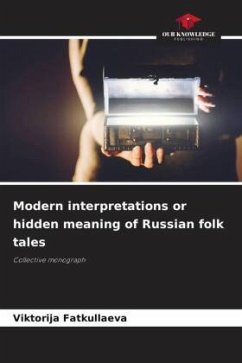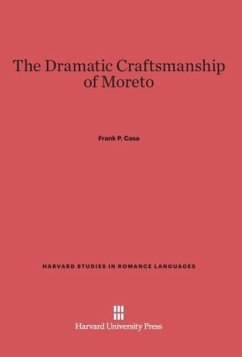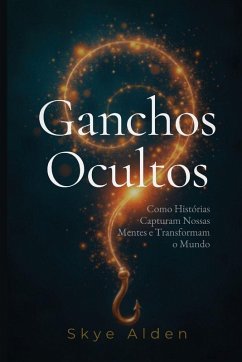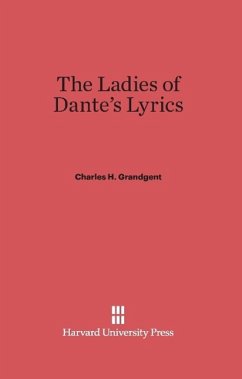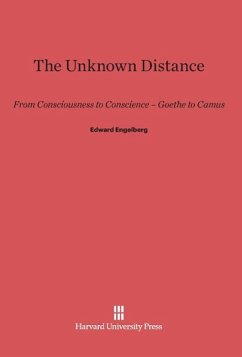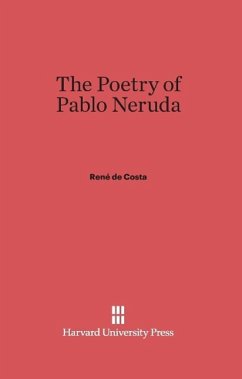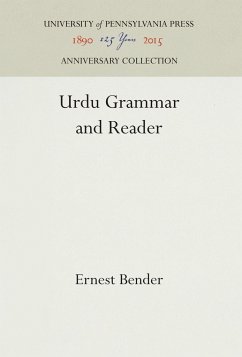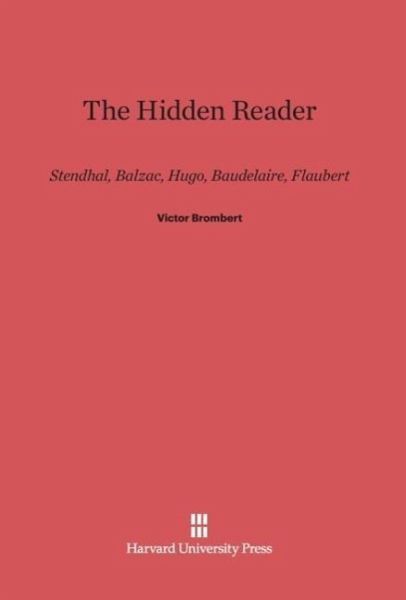
The Hidden Reader
Stendhal, Balzac, Hugo, Baudelaire, Flaubert
Versandkostenfrei!
Versandfertig in 6-10 Tagen
44,99 €
inkl. MwSt.

PAYBACK Punkte
22 °P sammeln!
Victor Brombert is an unrivaled interpreter of French literature; and the writers he considers in this latest book are ones with whom he has a long acqualntance. These essays--eleven of them appearing in English for the first time and some totally new--give us an acute analysis of the major figures of the nineteenth century and a splendid lesson in criticism.Brombert shows how a text works--its structure and narrative devices, and the symbolic function of characters, episodes, words--and he highlights the distinctive postures and styles of each writer. He gives us a sense of the hidden inner t...
Victor Brombert is an unrivaled interpreter of French literature; and the writers he considers in this latest book are ones with whom he has a long acqualntance. These essays--eleven of them appearing in English for the first time and some totally new--give us an acute analysis of the major figures of the nineteenth century and a splendid lesson in criticism.
Brombert shows how a text works--its structure and narrative devices, and the symbolic function of characters, episodes, words--and he highlights the distinctive postures and styles of each writer. He gives us a sense of the hidden inner text as well as the techniques writers have devised to lead their readers to the discovery of what is hidden. With wonderful subtlety he unravels the reader's participatory response, whether it be Hugo reading Shakespeare, Sartre reading Hugo, Stendhal reading Rousseau, T. S. Eliot misreading Baudelaire, or Baudelaire, Balzac, and Flaubert reading their own sensibilities. This book is a sterling example of the finest kind of literary criticism--wise, intelligent, responsive, sympathetic--that reveals central aspects of the creative process and returns the reader joyfully to the texts themselves.
Brombert shows how a text works--its structure and narrative devices, and the symbolic function of characters, episodes, words--and he highlights the distinctive postures and styles of each writer. He gives us a sense of the hidden inner text as well as the techniques writers have devised to lead their readers to the discovery of what is hidden. With wonderful subtlety he unravels the reader's participatory response, whether it be Hugo reading Shakespeare, Sartre reading Hugo, Stendhal reading Rousseau, T. S. Eliot misreading Baudelaire, or Baudelaire, Balzac, and Flaubert reading their own sensibilities. This book is a sterling example of the finest kind of literary criticism--wise, intelligent, responsive, sympathetic--that reveals central aspects of the creative process and returns the reader joyfully to the texts themselves.




